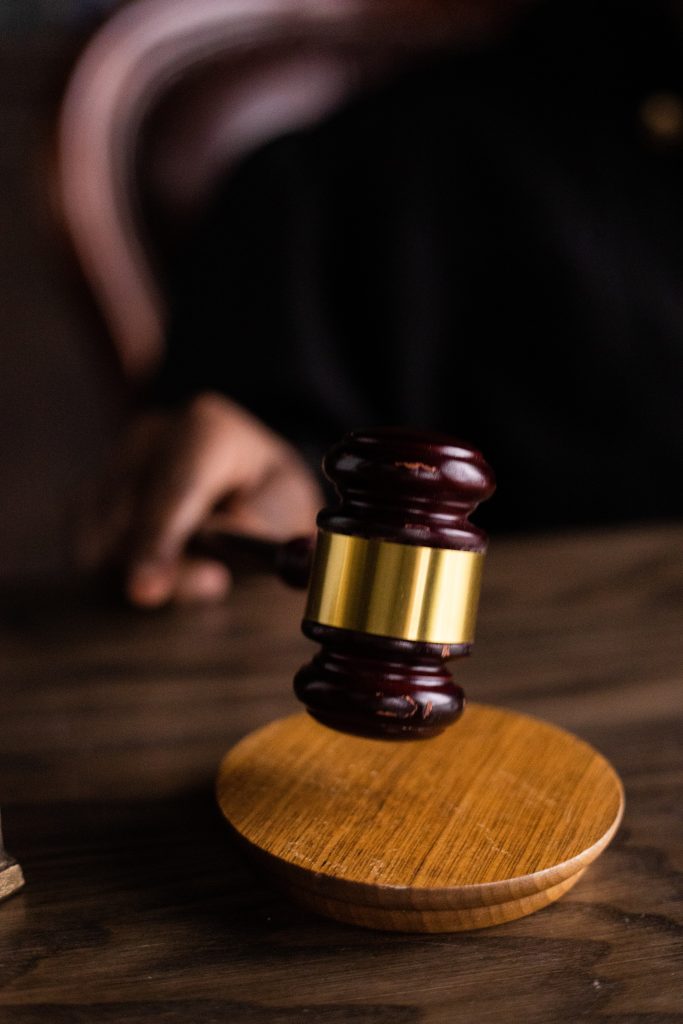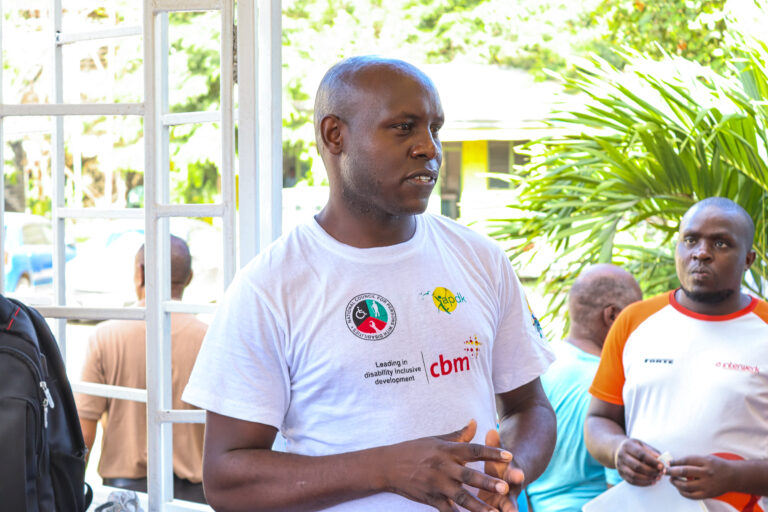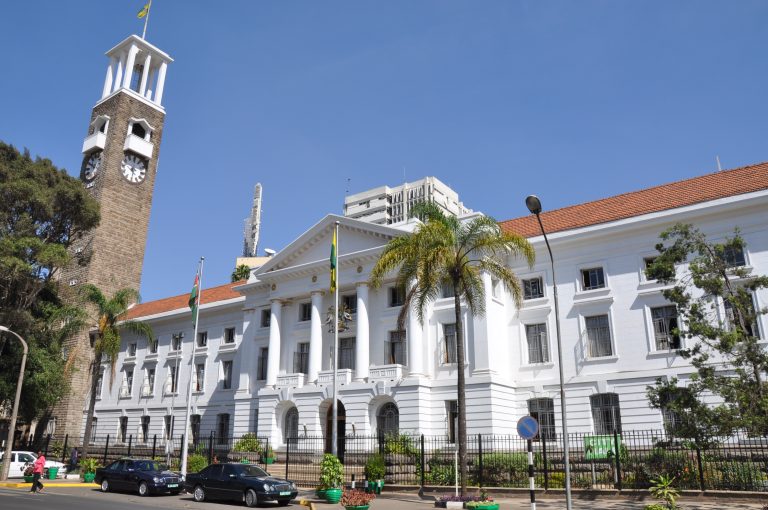In a significant victory for Kenyan citizens, the High Court has put a halt to the government’s proposal to raise water prices by a staggering five times the current rate.
The court’s decision comes as a relief to many who were concerned about the potential burden this increase would impose on the already strained economy.

A Victory for the Vulnerable
The new water charges, which were scheduled to take effect on February 1, 2023, were suspended by High Court Judge Justice Mugure Thande.
The judge’s ruling prevents the Ministry of Water, represented by Water CS Alice Wahome, and the Water Resources Authority from implementing or enforcing the new charges until a lawsuit filed by various civil society groups is resolved.
The lawsuit, initiated by the Kenya Water and Sanitation Civil Society Group, Likii Water Resources Users Association, Mt Kenya Ewaso Water Partnership, and Likiundu Water Resources Users Association, argues that the government’s decision to increase water bills lacked transparency and public participation. They contend that the abrupt implementation of the regulations exacerbates the country’s economic woes.
As part of the court’s order, Wahome, the Water Services Regulatory Board, National Assembly, Council of Governors, and Senate have been directed to respond to the lawsuit by June 12, 2023. This response will allow the court to thoroughly assess the merits of the case and make an informed decision.
The proposed water price hike faced widespread opposition from stakeholders, who raised concerns about the burden it would place on the population. The charges were set to skyrocket from 50 cents to Ksh5 for every 1,000 litres of water consumed, a tenfold increase that drew considerable outcry.
The Role of Maji na Ufanisi

In the midst of this legal battle, Maji na Ufanisi, a WASH NGO, has been advocating for clean and affordable water for all Kenyans. They argue that water is a basic right, and the new charges would put this essential resource out of reach for many, particularly the poor and vulnerable groups.
The petitioners claim that the government increased the water charges without considering the plight of these groups. They further claim that the new charges will worsen the levies on consumer bills, putting an undue burden on those who can least afford it.
As the case unfolds, both the government and civil society groups will have an opportunity to present their arguments and provide evidence supporting their positions.
Ultimately, the court’s determination will have far-reaching implications, not only for the water sector but also for ensuring that decisions affecting the public are made in a fair and inclusive manner.
For now, Kenyans can breathe a sigh of relief knowing that the looming burden of higher water prices has been temporarily averted, providing a respite to individuals and businesses alike.
This case serves as a reminder of the importance of public participation and transparency in matters that directly affect the welfare of the citizens.



